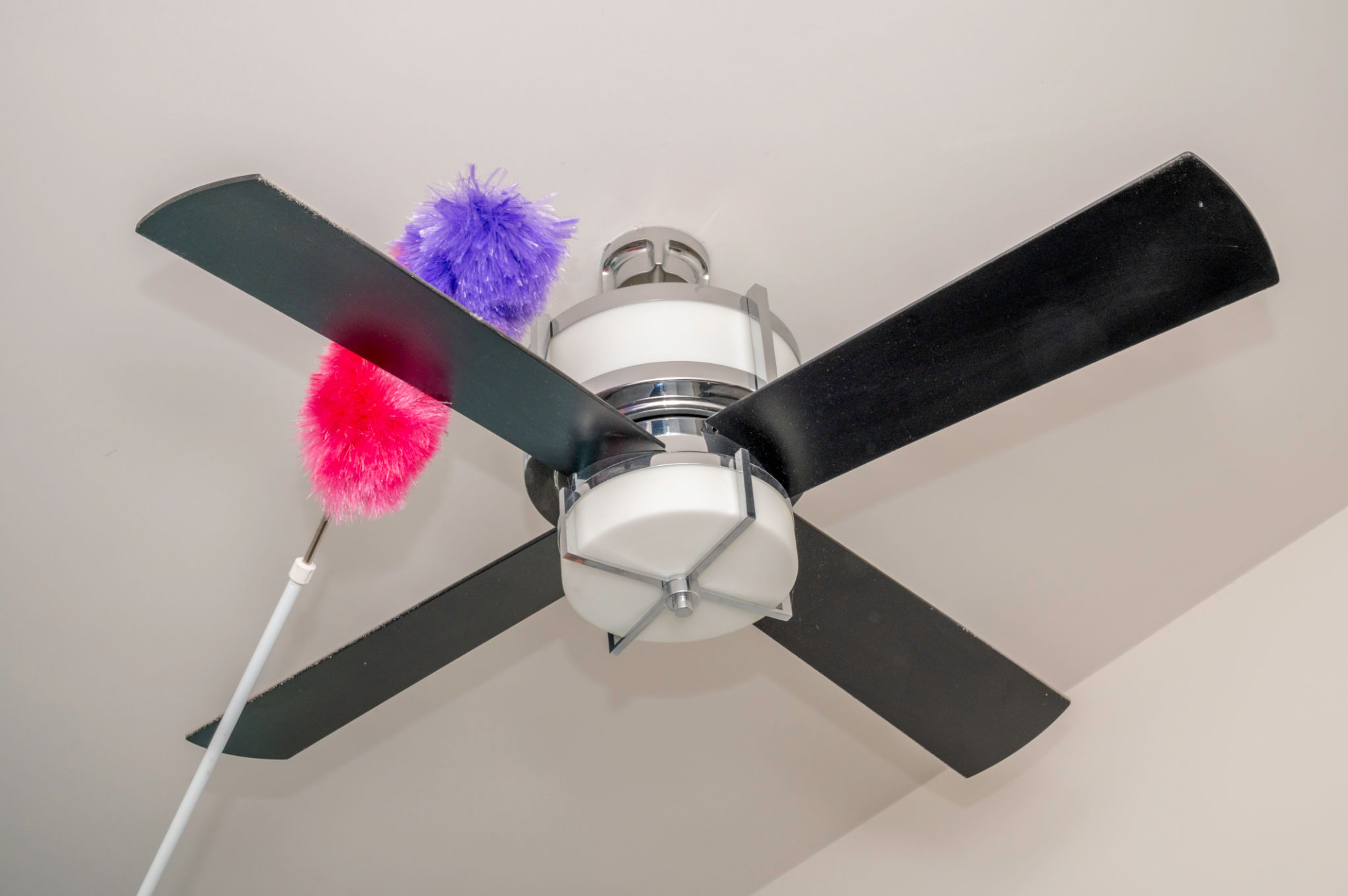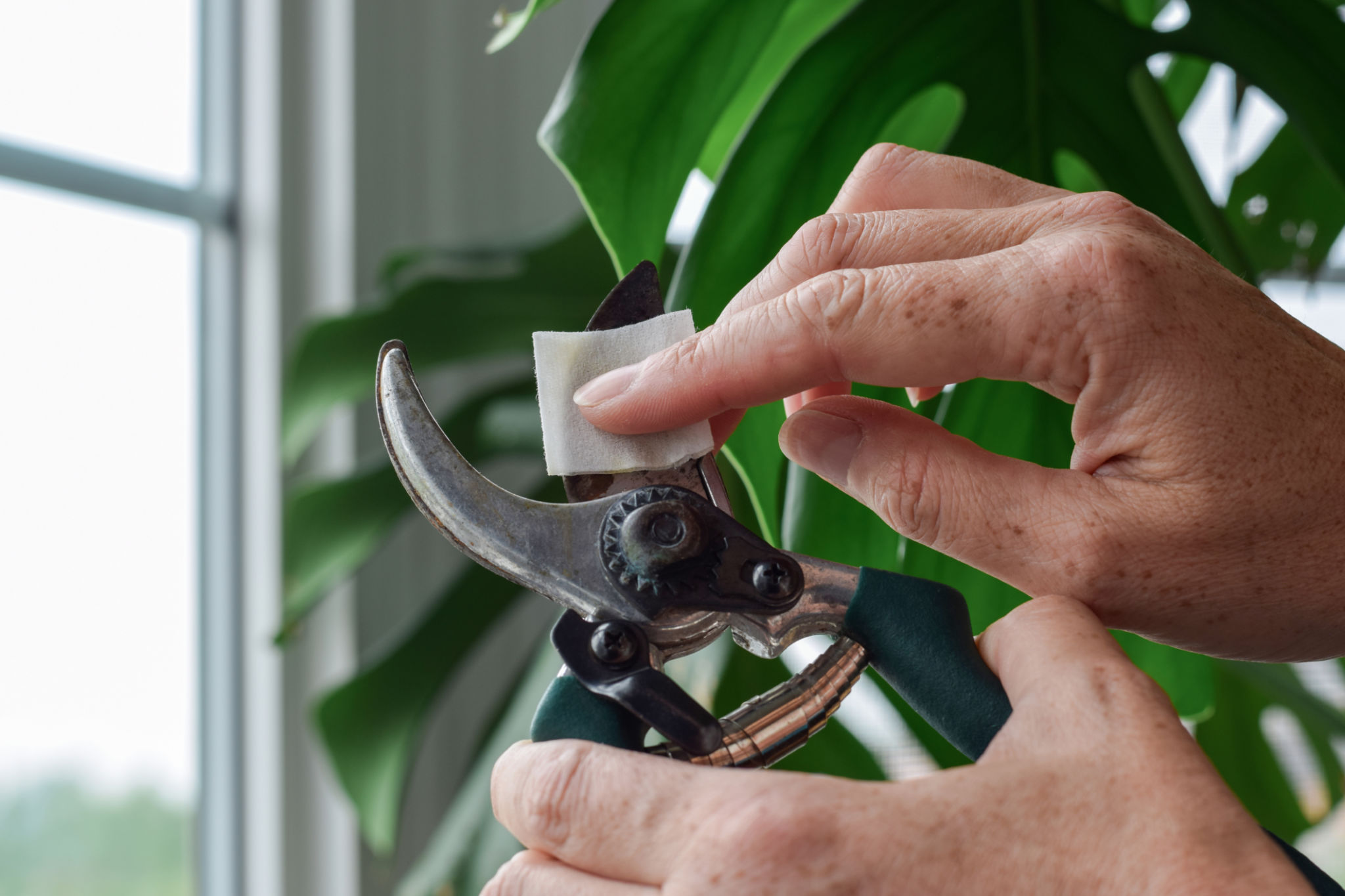Common Myths About Fan Cleaning Debunked: What You Really Need to Know
Introduction to Fan Cleaning Myths
Fans are an essential part of our daily lives, providing much-needed airflow and comfort in various settings. However, many misconceptions about fan cleaning can lead to improper maintenance and potential damage. In this article, we'll debunk some common myths about fan cleaning to ensure your fans remain in top condition.

Myth #1: Fans Don't Need Regular Cleaning
One of the most prevalent myths is that fans don't require regular cleaning. This is far from the truth. Dust, dirt, and allergens can accumulate on fan blades over time, reducing efficiency and impacting air quality. To maintain optimal performance, it's crucial to clean your fans regularly, ideally every few months.
Why Regular Cleaning Matters
Regular cleaning prevents the build-up of debris that can cause the motor to work harder, potentially leading to overheating or failure. Moreover, a clean fan ensures better airflow and a healthier environment by reducing pollutants circulating in the air.
Myth #2: Only the Blades Need Cleaning
Another common misconception is that cleaning the blades is sufficient. While blade maintenance is important, other components also require attention. The motor casing, grills, and other parts can harbor dust and grime, affecting performance and longevity.

Comprehensive Fan Cleaning
An effective cleaning routine involves disassembling the fan (if possible) to access hidden areas. Use a soft cloth or brush to clean the blades and other parts gently. For hard-to-reach places, a vacuum cleaner with a brush attachment can be useful. Ensure all components are completely dry before reassembling the fan.
Myth #3: Cleaning Fans Is Time-Consuming
Many people avoid cleaning their fans because they believe it to be a time-consuming task. However, with the right tools and approach, fan cleaning can be quick and straightforward. Setting aside a small amount of time every few months is all it takes to keep your fans running smoothly.
Efficient Cleaning Tips
To make fan cleaning more efficient, gather all necessary tools beforehand, such as microfiber cloths, a mild detergent solution, and a vacuum cleaner. If you have multiple fans, create a schedule to clean them on different days to avoid feeling overwhelmed.

Myth #4: DIY Cleaning Can Damage Fans
Some believe that attempting to clean a fan themselves can lead to damage. While it's true that improper cleaning methods can be harmful, following manufacturer guidelines and using gentle techniques ensures safety and effectiveness. Avoid using harsh chemicals or excessive water that could damage electrical components.
Safe Cleaning Practices
Always unplug the fan before cleaning to prevent electrical hazards. Use non-abrasive materials and avoid applying force when cleaning delicate parts. If you're unsure about any step, consult the manufacturer's manual or seek professional assistance.
Conclusion: Busting Myths for Better Fan Care
Understanding the realities of fan maintenance is key to prolonging their lifespan and ensuring efficient operation. By debunking these common myths, you can take proactive steps in caring for your fans and enhancing the comfort and quality of your living space.
